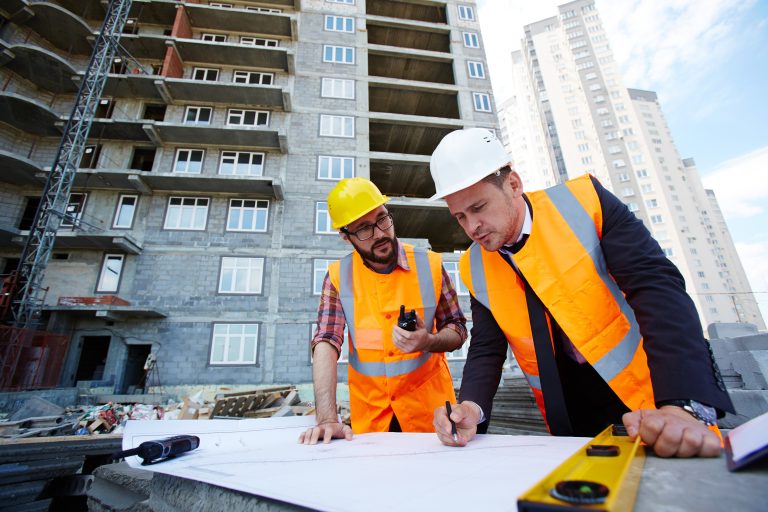When undertaking high-risk commercial projects, selecting the right commercial structural engineer is crucial. These projects often involve complex designs, stringent safety standards, and substantial financial stakes. To ensure success, it is essential to work with a skilled commercial structural engineer who can navigate these challenges effectively. Here’s a guide to help you make an informed decision.
Understanding the Role of a Commercial Structural Engineer
A commercial structural engineer is responsible for designing and analyzing the structural components of commercial buildings and infrastructure. Their role involves ensuring that the structures are safe, stable, and capable of withstanding various stresses and loads. For high-risk projects, this role becomes even more critical as the stakes for structural integrity and safety are higher.
Key Considerations When Choosing a Commercial Structural Engineer
- Experience with High-Risk Projects
One of the most important factors in selecting a commercial structural engineer is their experience with high-risk projects. These projects often involve unique challenges such as complex load distributions, unconventional materials, or stringent safety requirements. A commercial structural engineer with a proven track record in similar projects will be better equipped to handle these complexities and ensure the project’s success.
- Technical Expertise and Specializations
High-risk projects may require specialized knowledge in areas such as seismic design, heavy load-bearing structures, or advanced material science. Ensure that the commercial structural engineer you choose has the necessary technical expertise and specialization relevant to your project. This includes reviewing their past projects and qualifications to confirm their ability to handle specific technical requirements.
- Reputation and References
The reputation of a commercial structural engineer can provide valuable insights into their reliability and performance. Seek references from previous clients and review case studies of past projects. Positive feedback and successful project outcomes will indicate that the engineer is capable of managing high-risk projects effectively.
- Communication and Collaboration Skills
Effective communication and collaboration are essential for the success of any high-risk project. The commercial structural engineer should be able to work seamlessly with other professionals involved in the project, including architects, contractors, and regulatory authorities. Clear and proactive communication helps in addressing potential issues early and ensures that the project progresses smoothly.
- Adherence to Regulations and Standards
High-risk projects are often subject to stringent regulations and standards. The commercial structural engineer must be well-versed in local building codes, safety regulations, and industry standards. Their adherence to these regulations is crucial for ensuring the safety and legality of the project.
- Innovative Problem-Solving Skills
High-risk projects can present unforeseen challenges that require innovative solutions. A commercial structural engineer with strong problem-solving skills can devise creative strategies to overcome obstacles and ensure that the project stays on track. Look for engineers who demonstrate a proactive approach to addressing potential issues and finding solutions.
Conclusion
Choosing the right commercial structural engineer for high-risk projects is a decision that can significantly impact the success and safety of your project. By considering factors such as experience, technical expertise, reputation, communication skills, regulatory knowledge, and problem-solving abilities, you can ensure that you partner with a commercial structural engineer who is well-equipped to handle the complexities and demands of high-risk projects. A well-chosen engineer will contribute to the project’s success and help mitigate risks, ultimately leading to a safe and successful outcome.



